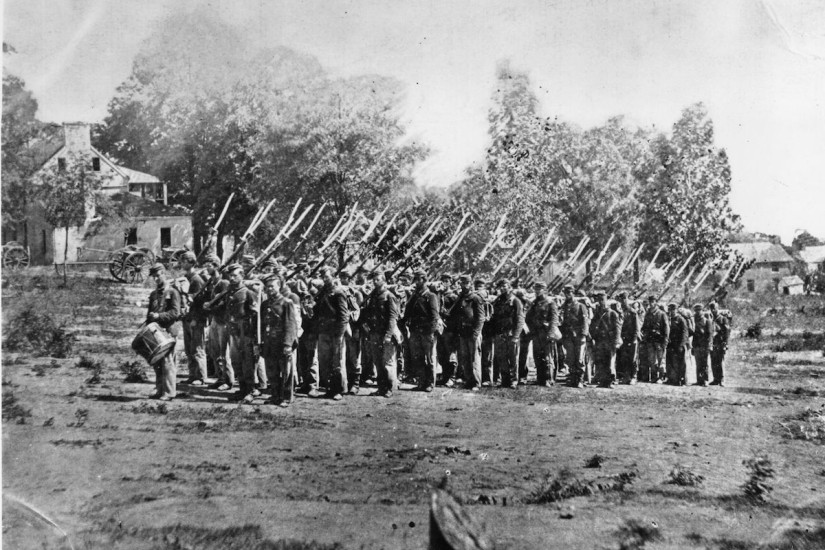A few days ago President Trump’s Chief of Staff John Kelly told Fox News that the Civil War was caused by the “lack of an ability to compromise”, that it was “fought by men and women of good faith on both sides” and that General Robert E. Lee was an “honorable man.” Frankly, it would be pretty amazing if an elderly white man who took a job with Trump did not hold such assumptions about the Civil War. The more interesting point is that up until very recently most public figures in American life, including liberals, said much the same sort of thing–especially about the “honor” and “decency” of “Bobby Lee” and his ilk. Indeed, the White House cited as the “source” of Kelly’s views Ken Burns’ landmark 1990 TV documentaries which was the ultimate modern “mainstream” encapsulation of the war.
So what’s new here is not Kelly’s predictable understanding of history (given his age and race), but the fact that it caused such a firestorm of protest. The politics obviously matter: his Fox-friendly foray into historical analysis fed the narrative of the Trump administration as not-so-closet white supremacists. But something else is at work here too: the egregious, retro-racism of the Republican Party has galvanised a more forceful attack on anything that smacks of the “Lost Cause” than anything that’s been seen before.
The “Lost Cause” however, is a moving target. So far as I know it’s only in the last few months that anyone has accused Burns’ films of peddling a Lost Cause view of the war. On the contrary, an influential 1998 essay entitled “Worrying about the Civil War” by the historian Ed Ayers bracketed the Burns films with James McPherson’s Battle Cry of Freedom as examples of a neo-Abolitionist view of the war.
In fact, Ayers was “worrying” about the Civil War for two reasons. One was the issue that has since become so problematic — the stubborn refusal of huge numbers of white Americans to accept that the war was about slavery. The other reason, however, was the self-congratulatory tone of post-Civil Rights movement liberal historiography. Ayers worried about a then-hegemonic interpretation that dramatised
…the ways that antislavery opinion, progress, war, and national identity intertwined at the time of the Civil War so that each element became inseparable from the others. Slavery stands as the antithesis of progress, shattering nation and creating war; war is the means by which antislavery feeling spreads and deepens; the turn against slavery during the war re-creates national identity; the new nation is freed for a more fully shared kind of progress.
So Ayers was depressed by the dogged resistance of the public to accept the centrality of slavery, but he was also uncomfortable with historians’ (and Ken Burns’) seemingly teleological view of the war as an engine of racial progress.

